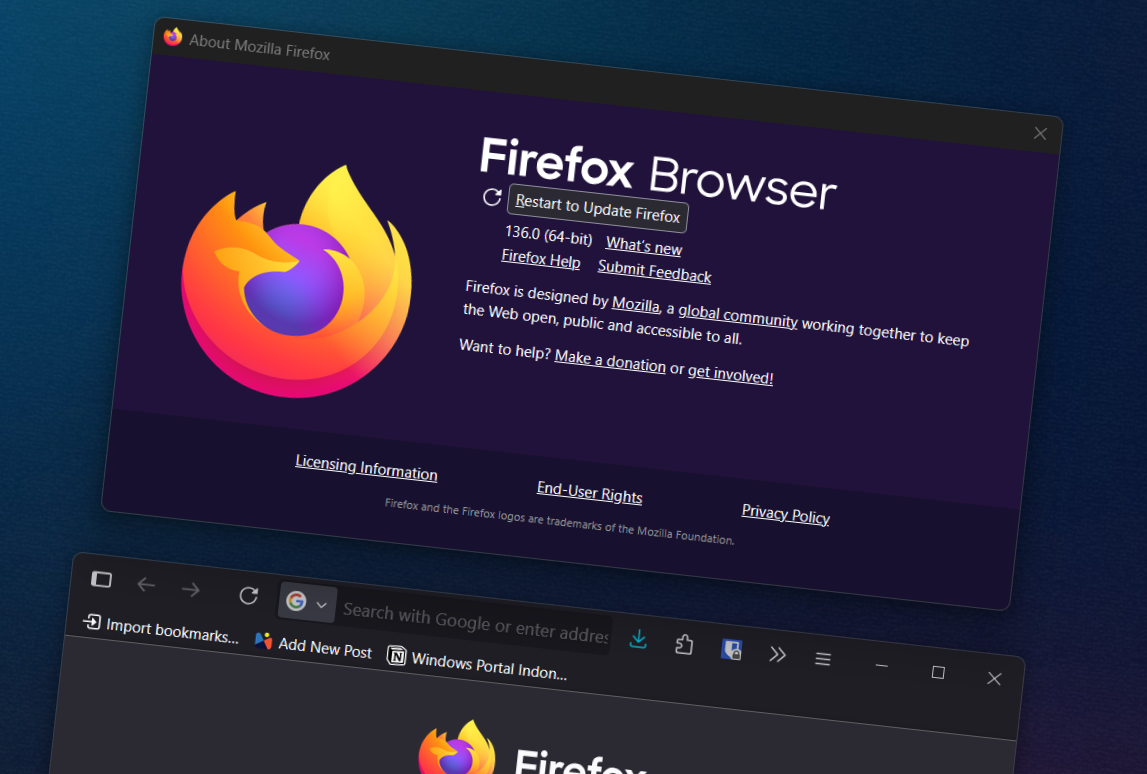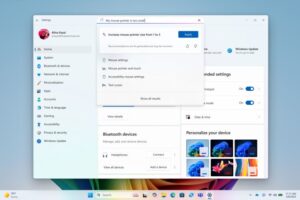
As outlined in Mozilla’s official documentation at the end of 2024, older versions of Firefox will lose critical functionalities due to root certificate expiration, impacting add-ons, DRM content playback, and more.
Therefore, as a special reminder for Firefox users still operating on outdated versions—those older than version 128 or ESR 115.13 on Windows, Linux, Mac, and Android—it is essential to update the browser to ensure access to its full range of features.
However, this does not mean older Firefox versions will become entirely unusable. While you can still use Firefox with an expired root certificate, Mozilla advises against it, as it will result in the loss of access to critical systems and expose users to unresolved security vulnerabilities.
In other words, the browser remains functional, but its features will be significantly limited due to the expiration.
The validity period of this certificate extends until March 14, 2025, which is just two days away. It is highly recommended to promptly install the latest version of Firefox, whether it’s the standard release or the ESR version.
As Mozilla explains, a Root Certificate is a trusted authority that verifies the authenticity of websites, add-ons, and software updates. When it expires, systems relying on this certificate can no longer verify these items, potentially causing features like add-ons or secure media playback to malfunction. In this case, one of Mozilla’s root certificates expires on March 14, 2025, which could disrupt essential functionalities in Firefox if the browser is not updated. The latest Firefox version includes a new root certificate, preventing this expiration and ensuring smooth operation.
Failing to update the browser to include the new root certificate can lead to various security risks, such as exposure to malicious add-ons, untrusted certificates, or even compromised passwords, all of which can be highly detrimental.
Therefore, if you are currently a Firefox user, make sure to update your browser to the latest available version.
Via: Mozilla






